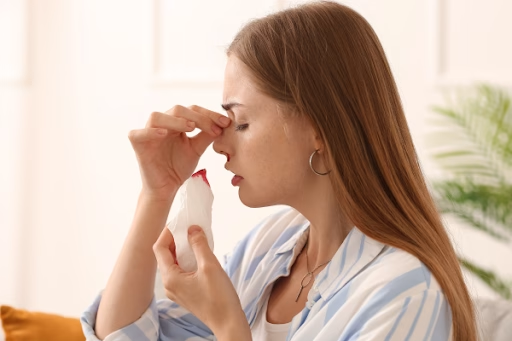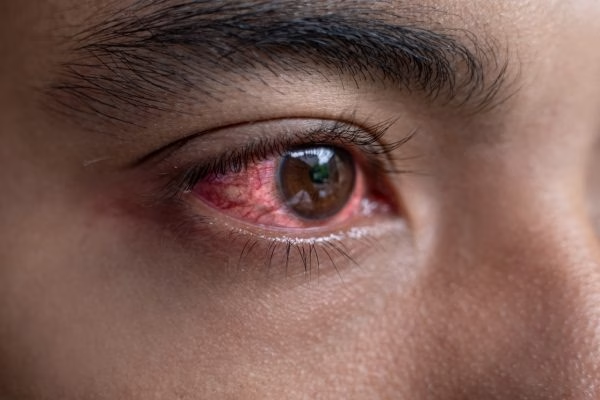The recent COVID-19 outbreak has caused mass disruption of daily life within countries around the globe. Coronavirus, also known as COVID-19, has been declared a global pandemic by the World Health Organization and the Centers for Disease Control. But what does that mean for you? There’s plenty of misinformation being spread online and it’s more important than ever to make sure you’re accurately informed. Let’s take a look at some of the latest coronavirus updates and what they mean for you!
COVID-19 Origin
Coronavirus originated in Wuhan, China early in 2020. The exact origin of the virus is unknown, but it’s believed to have begun with animal to person transmission. This quickly turned into person to person spread and eventually, the virus traveled outside of Wuhan. Since originating in Wuhan, the number of Covid-19 cases have actually been on the decline in China after strict quarantine, testing, and social distancing procedures were put in place.
Current COVID-19 Updates
Coronavirus has spread to a large number of countries around the globe. Italy is in full lockdown mode after their healthcare system was overwhelmed by the number of coronavirus cases and other countries are expected to follow suite. In the United States, coronavirus has been declared as a national emergency. 46 states in the US have reported cases of coronavirus.
There have been 1,629 cases so far, with 41 reported deaths (which could be climbing in number at the time of this report). It’s expected that the actual number of cases is much higher, but the number of test kits available is limited. States have begun urging people to stay home and limit social gatherings. Some states have resorted to closing schools, colleges, and shutting down any event with over 50 people in attendance. Both the NBA and NHL suspended their current seasons to limit the risk of COVID-19 spreading. The numbers regarding the coronavirus outbreak change each day and they are expected to continue rising before things are able to improve.
How to Reduce Your Risk
Elderly and immunocompromised individuals are at the highest risk for contracting coronavirus. Young, healthy people may also get the virus, but they have a better ability to fight it off naturally or may never even present symptoms. The best ways to reduce your personal risk of contracting or spreading coronavirus is by practicing good hand hygiene, covering your mouth when you cough or sneeze, avoid touching your face, and practice social distancing procedures. Social distancing means avoiding public gatherings and trying to maintain a 6-foot distance from others.
If you believe you may be suffering from coronavirus, stay home. Emergency rooms and urgent care centers do not have tests on hand. Call your primary care provider or local health department to discuss symptoms and inform them that you may need to be tested. Practice self-quarantine procedures for 14 days following exposure to someone with coronavirus or at the first sign of symptoms.
Remember that AFC Urgent Care Beverly also has resources, hotlines, and information for patients that need immediate information about COVID-19.


